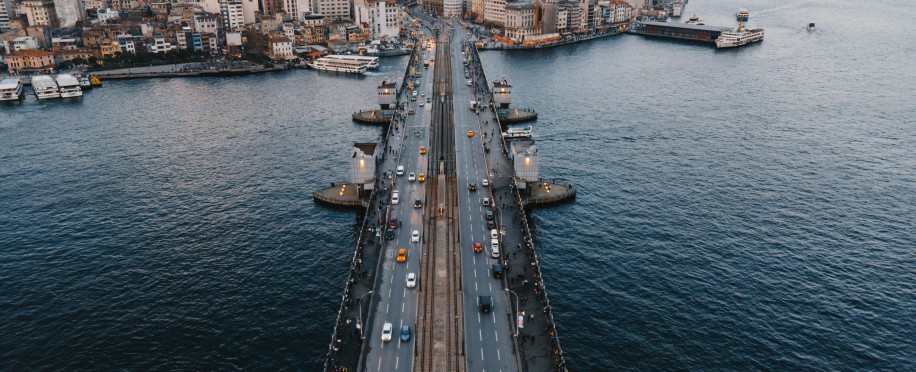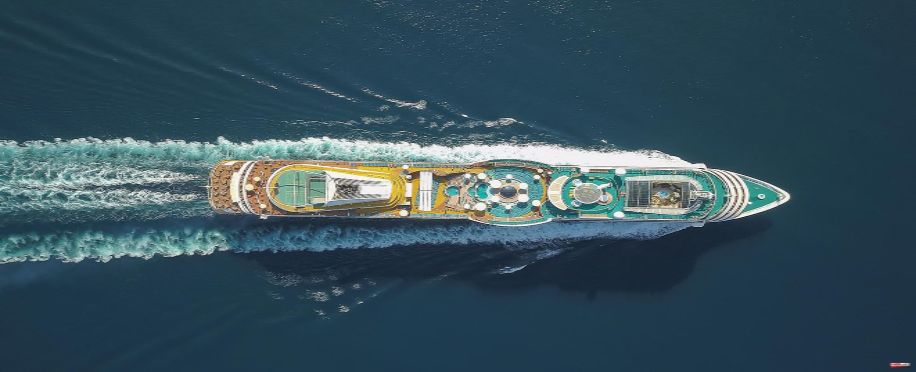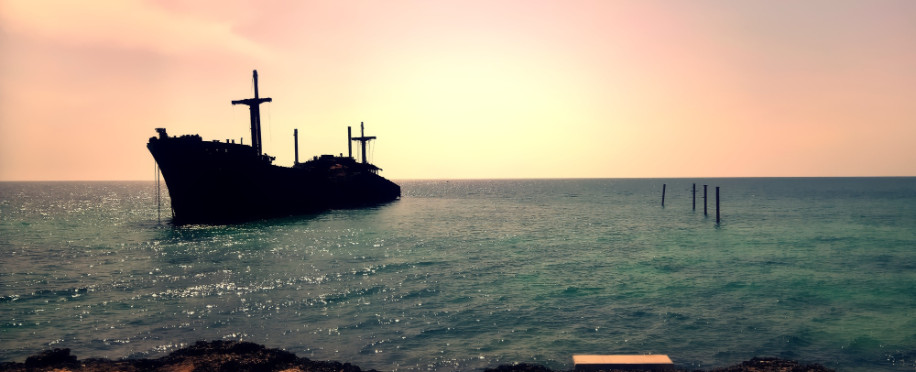New Spill Discovered Near Kerch Strait Tanker Wrecks

Posted on Apr 08, 2025 at 08:04 PM
Two Russian tankers sank in the Kerch Strait in December 2024, and recent satellite imagery has revealed new fuel oil leaks from those vessels. On December 15, the ships Volgoneft 239 and Volgoneft 212 died in a severe storm, spilling an estimated 4,300 tonnes of fuel oil into the Azov Black Sea.
While some of this oil washed ashore, Greenpeace Ukraine stated that because of the extremely cold temperatures, a large portion of it settled on the seabed. But experts are seeing more submerged oil resurfacing and causing new spills as warmer weather draws near.
Expert Insights: Daily Leakage Estimates
Scientists and Ukrainian officials recently posted photos of dark areas close to the tankers' crash sites. On March 31, environmentalist Georgy Kavanosyan shared radar footage online that showed a concerning oil trail at the entrance to the strait, close to the bow section of Volgoneft 239.
Another marine pollution expert, Igor Shkradyuk, estimates that hundreds of litres leak every day, and that the situation will only get worse as temperatures rise.
Moreover, the effects are already noticeable along the coast of Crimea and the Krasnodar region of Russia. By April, environmental organisations expect more pollution to reach these areas. Significantly impacted areas include portions of the Danube Biosphere Reserve and the estuaries of Dzhantsheysky and Sasyk; reports show obvious contamination there.
Authorities gathered about four kilogrammes of fuel oil from the beaches of Tuzlivski Lymany National Park alone, but millions of microscopic particles are still floating in the Black Sea.
Even though the situation is getting worse, Russian authorities say they won't start any recovery efforts for the submerged ships until next year.
The Maritime Professional Training courses educate delegates on oil spills, their prevention, response, and recovery methods at sea and on shore, and are accredited to provide international standards-compliant oil spill response training.

Official Denials vs. Satellite Data
Critics claim that officials appear more concerned with upholding a façade through propaganda efforts than they do with confronting this environmental catastrophe head-on with a sound cleanup plan.
Sending thousands of children into impacted areas for "rehabilitation" is one particularly controversial initiative that many environmentalists see as a diversionary strategy rather than a sincere concern for ecological restoration or public health.
Despite growing evidence from experts and satellite data verifying continuous leaks, the Russian Ministry of Emergency Situations has rejected claims of new pollution. They claim to regularly inspect wreck sites within a kilometre radius and monitor them every day using a variety of technologies, such as drones and underwater equipment.
In the meantime, Kama Shipping and Volgatranseft CFC are facing legal action from Rosprirodnadzor, the Russian environmental agency, for alleged operational negligence during the severe winter conditions that preceded the sinking incident. They are requesting damages of about $1 billion (85 billion rubles), and if payment is not received within 30 days, legal action will be taken.
Eventually, cleanup could take at least three years, according to experts, and full recovery along Black Sea coastlines might take five to ten years. This serves as a sobering reminder that our oceans require constant protection from both natural disasters and human error.
Read more news:


